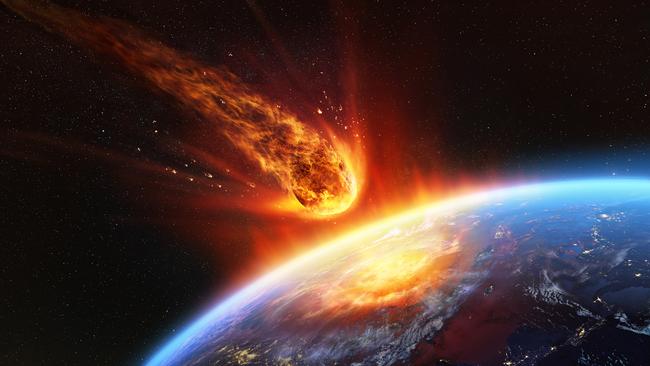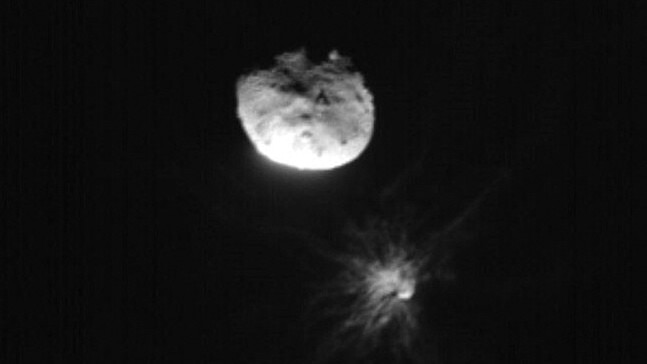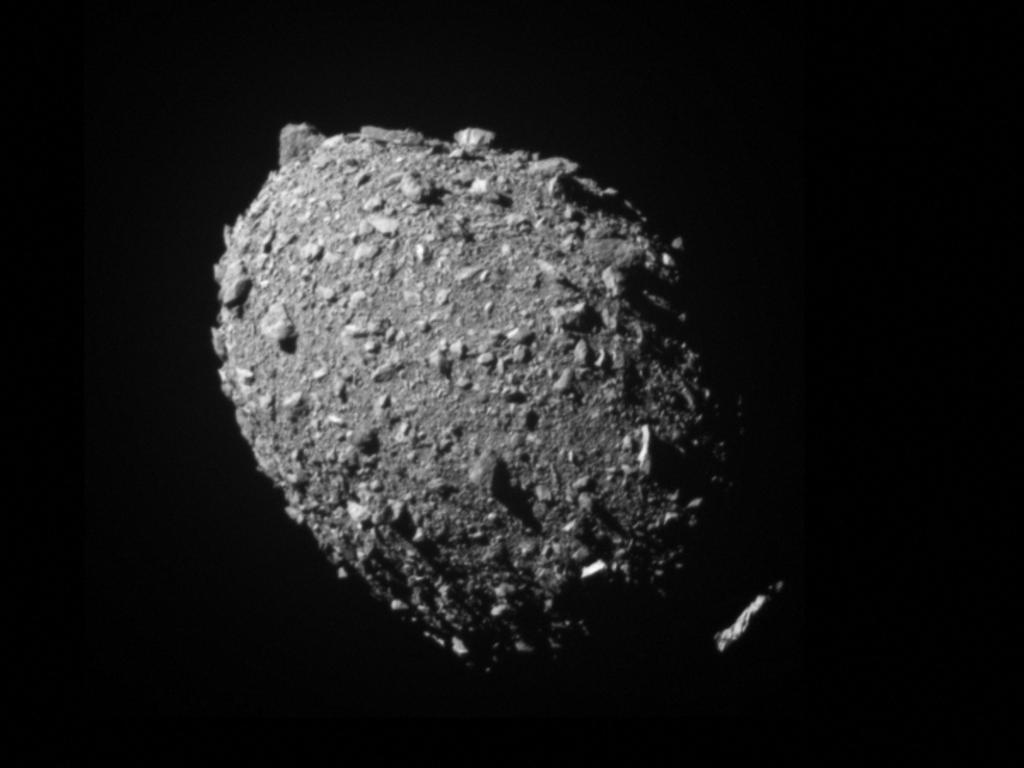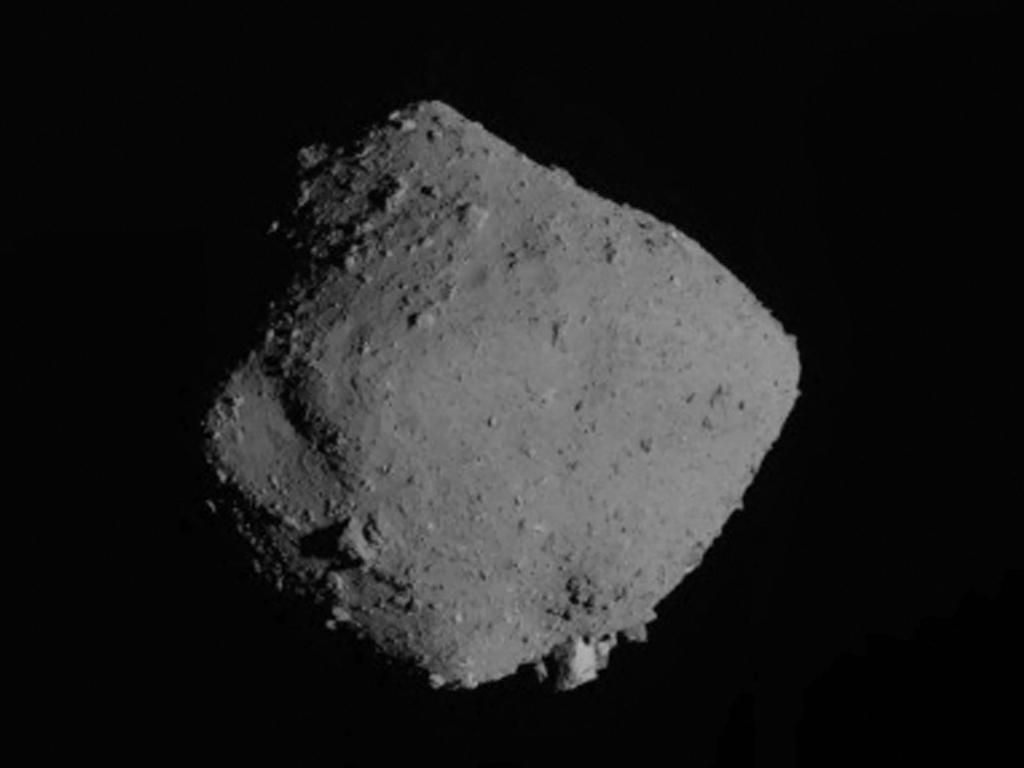Big asteroid alert (but don’t fret yet)
A month after NASA’s DART mission, astronomers have discovered a large, ‘planet killer’ asteroid whose orbit crosses Earth’s, but don’t fret — yet.

Scientists have discovered a “planet killer” asteroid whose orbit crosses that of Earth, creating a small chance of a catastrophic collision.
It would be “very bad for life as we know it”, experts say, if it hit home.
Luckily, astronomers have predicted that humanity is probably safe for a “few thousand years”.
It’s not all good news, however. The discovery suggests there could be other gigantic asteroids lying undiscovered in the inner solar system, shielded from human view because of their proximity to the sun.
The asteroid, dubbed 2022 AP7, is between 0.7 and 1.4 miles in diameter and is “the largest potentially hazardous asteroid (PHA) discovered in about eight years”, according to a study published in The Astronomical Journal. The object that wiped out dinosaurs 66 million years ago is thought to have been around six times larger. 2022 AP7 was spotted by astronomers using the Dark Energy Camera, a device usually dedicated to the search for dark matter.

It allows scientists to gaze into the glare of the sun while looking for asteroids which may be hiding in the inner solar system, in the region interior to the orbits of Earth and Venus.
Asteroids are usually detected by spotting the sunlight reflecting off them, which makes them shine like faint stars. They can often only be detected in the few minutes around dusk and dawn.
Astronomers said they had found two asteroids whose orbits are “completely interior to Earth’s orbit”, giving them no chance of colliding with Earth. They also found a third asteroid, describing it as a “near-Earth object that crosses Earth’s orbit”.
“This is what we call a planet killer,” Scott Sheppard, from the Carnegie Institution for Science in Washington DC told The New York Times. “If this one hits the Earth . . . it would be very bad for life as we know it.”
Sheppard, an author of the study, said that the asteroid will get “brighter and brighter in the sky as it starts crossing Earth’s orbit closer and closer to where the Earth actually is”.
The threat of destruction remains distant, as the asteroid currently gets no nearer than 4.4 million miles at its closest path. This is close in astronomical terms, but still 18 times further away than the moon.
Alan Fitzsimmons, an astronomer at Queen’s University Belfast, said it was possible that “way down the line, in the next few thousand years, it could turn into a problem for our descendants”.
Nasa plans to launch a space observatory called the Near-Earth Object Surveyor later this decade which will look into the sun’s glare for other hazardous asteroids.
THE TIMES







To join the conversation, please log in. Don't have an account? Register
Join the conversation, you are commenting as Logout